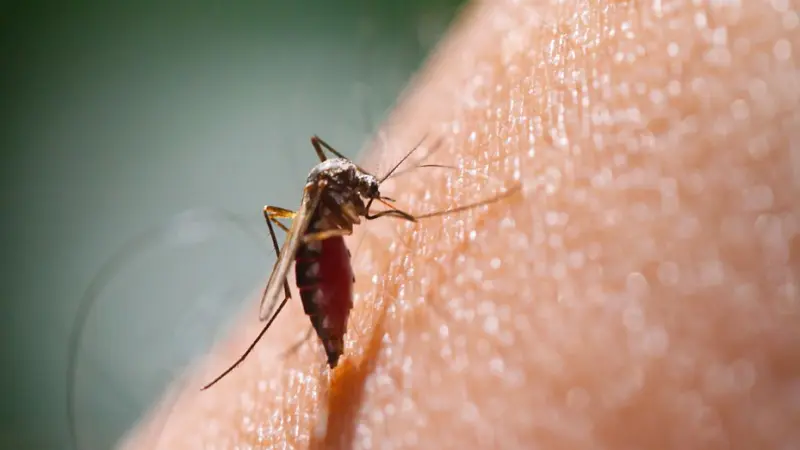Effective mosquito control in schoolyards is essential for maintaining a safe and enjoyable environment for students. Implementing strategies to manage mosquito populations enhances outdoor learning spaces and protects the health of students, staff, and visitors. In areas like Plano, where mosquitoes can breed rapidly in warm weather, proactive measures are crucial to prevent the spread of diseases.
You might wonder why mosquito control matters, specifically in school areas. Mosquitoes can disrupt outdoor activities and pose health risks, especially to young children. By prioritizing mosquito control, schools can create a more conducive environment for learning and play, allowing students to enjoy their time outside without worrying about bites or illnesses.
Addressing mosquito control in schoolyards involves a combination of education, community involvement, and practical strategies. From regular inspections to community awareness programs, engaging everyone in this effort is vital. By doing so, you can contribute to a healthier school environment and promote outdoor activities without the nuisance of mosquitoes.
Understanding the Threat
Mosquitoes in schoolyards pose significant health risks. Being aware of these dangers is crucial for safeguarding students and staff.
Health Risks of Mosquitoes in Schools
Mosquitoes are vectors for various diseases that can affect students and staff. Some of the most concerning illnesses include West Nile virus, Zika virus, and dengue fever. These diseases can lead to severe health complications, particularly in vulnerable populations such as children and those with weakened immune systems.
Moreover, mosquitoes can create an uncomfortable outdoor environment. Increased itching and skin irritation from bites can hinder concentration and impact the learning experience. Effective mosquito control measures are essential to minimize these risks and provide a safe environment for education.
Understanding these health risks allows you to advocate for better schoolyard prevention strategies. Regular monitoring and removal of standing water and awareness campaigns are critical in mitigating mosquito populations.
Strategies for Prevention
Effective mosquito control in schoolyards involves a combination of proactive measures. You can implement targeted strategies to reduce mosquito populations and protect students from bites.
School Mosquito Prevention Strategies in Plano
In Plano, schools can adopt several specific strategies tailored to the local environment. Regular inspections of school grounds are essential. This includes checking for standing water in flowerpots, tires, and drainage ditches.
Active measures include:
- Water Management: Ensure that gutters and drains are cleaned regularly to prevent water accumulation.
- Natural Predators: Encourage the presence of birds and bats, which can help control mosquito populations.
- Education Programs: Teach students about mosquito breeding habits, fostering awareness and encouraging them to report stagnant water.
By integrating these strategies, schools in Plano can significantly minimize mosquito presence.
Protecting Schoolyards from Mosquitoes
Maintaining a mosquito-free schoolyard requires consistent upkeep and strategic planning. Begin by landscaping with mosquito-repellent plants, such as lavender and marigolds.
Implement the following practices:
- Regular Lawn Maintenance: Keep grass trimmed and remove any debris that can collect water.
- Professional Treatments: Consider using environmentally friendly insecticides during peak seasons, adhering to safety guidelines.
- Community Partnerships: Collaborate with local health departments to support mosquito surveillance and reduction programs.
Applying these practices can create a safer environment for students and staff while effectively managing mosquito populations.
Implementing Solutions
Effective mosquito control requires a combination of protective measures and professional intervention. By understanding the specific needs of your schoolyard, you can create a safer environment for students and staff.
Mosquito Protection for Students and Staff in Plano
To safeguard against mosquitoes in Plano, consider implementing several targeted strategies. Start by eliminating stagnant water around the school grounds. This includes regularly checking flower pots, bird baths, and drainage areas.
Another effective method is to apply mosquito repellents to exposed skin. Encourage staff and students to apply EPA-approved repellents when outdoors.
Additionally, consider installing mosquito traps in high-traffic areas. These devices can effectively reduce the mosquito population.
Wearing protective clothing, such as long sleeves and pants, helps minimize bites. Incorporating these practices into daily routines significantly lowers mosquito risk while giving students and parents peace of mind.
When To Call the Professionals
If mosquito problems persist despite your efforts, it may be time to seek professional help. Professionals can comprehensively inspect the schoolyard to identify potential breeding sites.
Services offered by companies like Critter Stop can provide practical solutions tailored to your specific needs. Their expertise includes targeted treatments that are both safe and efficient.
Monitoring and maintenance are also essential. Regular treatment schedules help keep mosquito populations in check throughout the school year. If you notice a surge in mosquito activity, don’t hesitate to contact experts.
Call Critter Stop at (214) 234-2616 for a free inspection. They have a fantastic reputation and great customer reviews online due to their high-quality work and excellent customer service.
